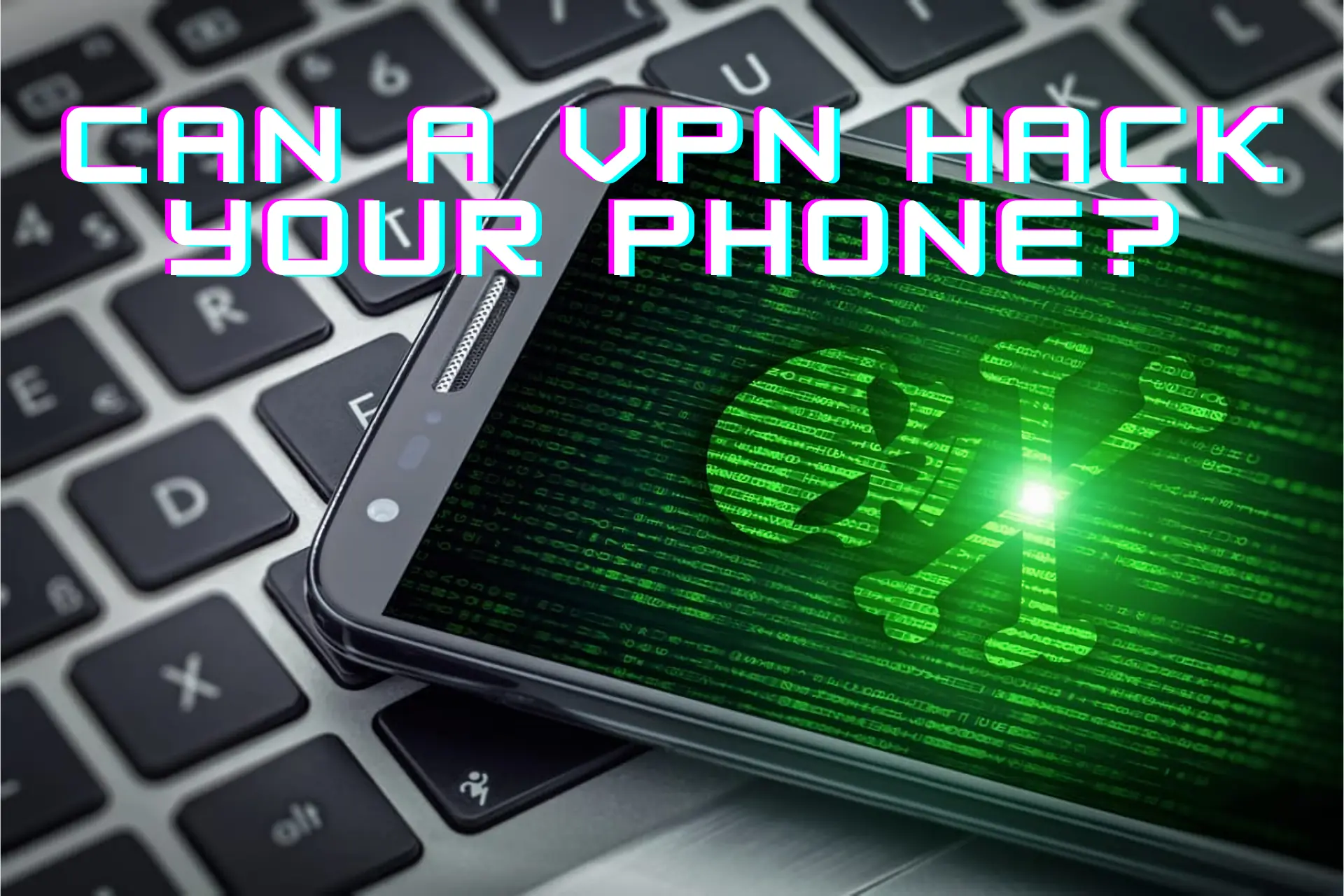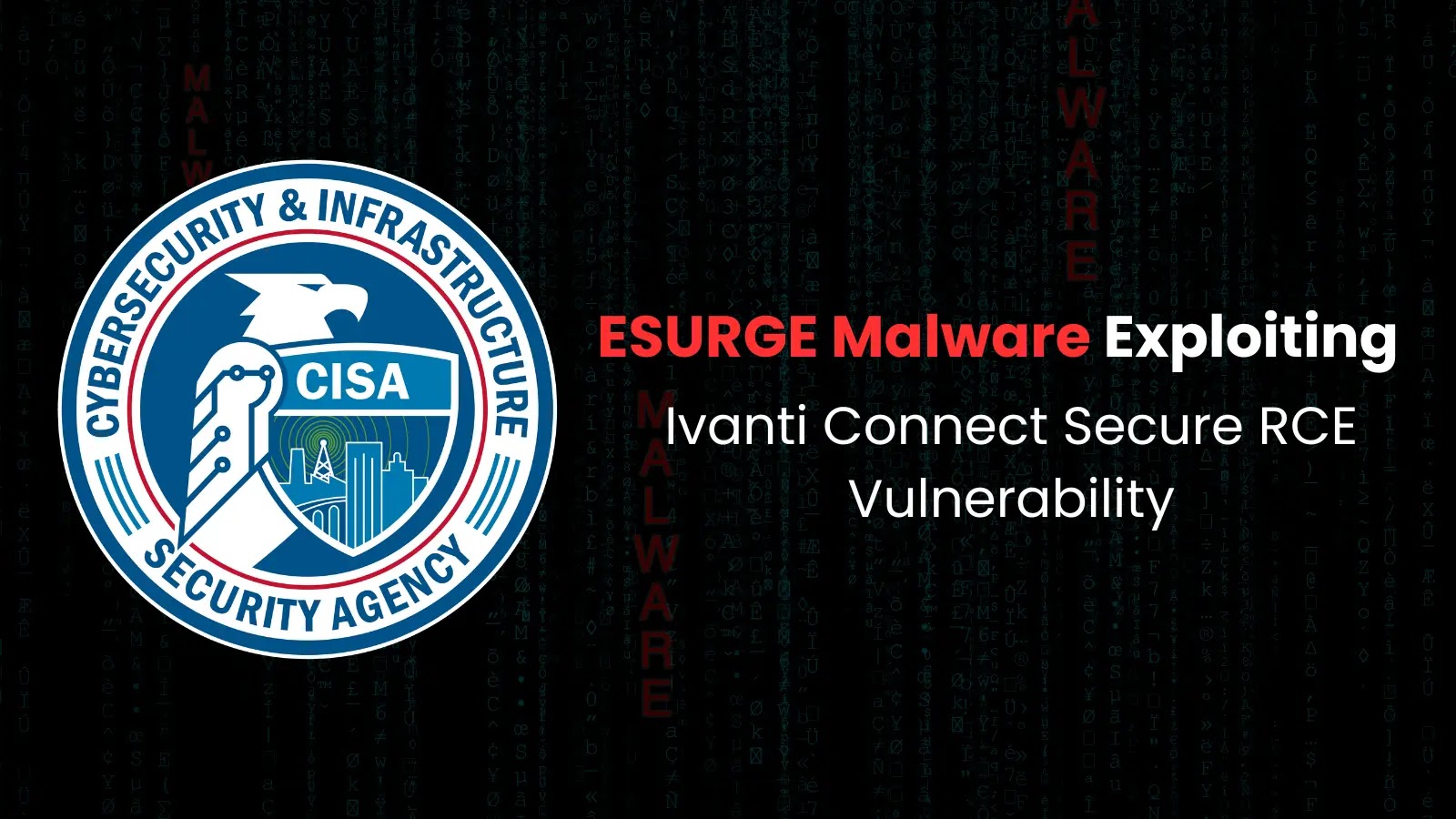Can a VPN Hack Your Phone? You'll be Surprised!

VPNs are one of the best tools for privacy and cybersecurity.
But, the rapid influx of shady free services and unknown providers on app stores tells a different story.
Which begs the question: can a VPN hack your phone?
Read on, as we’ll explain the dangers and vulnerabilities of unsafe providers.
We’ll also help you recognize if your phone is hacked and show you how to protect yourself and prevent it from happening again.
Can a VPN hack your phone?
Generally speaking, reputable VPN providers can’t hack your phone.
Legitimate services use only the highest security standards, but even the best of them aren’t invulnerable to cyber-attacks.
Furthermore, shady free services can contain malware, spyware, ransomware, and other harmful software. And a VPN can’t protect you from such attacks. They can infiltrate your phone and modify or steal your data. Hackers can also view your traffic and personal information and take over some other devices.
Worst case scenario that can lead to identity theft and them borrowing money, taking out personal loans, and committing credit card fraud under your name.
Ransomware is especially nefarious since this software can lock you out of your phone until you meet the hacker’s demands.
You could also fall for a fake, malicious version of a known app lured by a cheaper or free offer.
How to choose a secure VPN?
Even legitimate VPN providers have vulnerabilities that hackers can exploit, so here are some things to consider when purchasing a subscription.
- Encryption method — AES-256 is the latest military-grade encryption standard. Cybercriminals can reverse-engineer or brute-force anything weaker.
- VPN protocols — Some tunneling protocols, like PPTP, are outdated and insecure. OpenVPN, WireGuard, and IKEv2/IPsec are the safest options.
- Data logs — Many services advertise they have a zero-logs policy. However, their privacy policy often reveals concerning logging practices, and they store information that could trace back to you.
- Authentication method —SHA-256 is the current golden standard. It’s much more secure than other common hashing algorithms.
- Public DNS — Public DNS lets your ISP and other snoopers see which websites you’ve visited and when. Private DNS will keep your activities confidential.
- Network management — VPN servers are vital for the encryption and decryption process. If they’re not properly configured, the entire process is at risk.
On top of that, hardware issues can lead to data breaches. Physical servers can be compromised, so look for providers that use RAM-only servers.
Several famous VPN hacking attempts exploited the mentioned vulnerabilities and targeted Super VPN, Gecko VPN, and Chat VPN in early 2021. As a result, over 21 million Android users were exposed, and their data was sold on hacker forums to the highest bidders.
Granted, free services often have lax security, but even premium providers aren’t above data breaches.
For example, NordVPN was hacked in March 2018. An unauthorized third party gained access to its server and encryption key. That way, they intercepted the traffic and decrypted information passing through the server.
As you can see, server management greatly ensures the same security level across multiple infrastructures.
How to tell your phone got hacked?
To ensure you’re adequately protecting your phone with a VPN, look out for these warning signs:
- Your phone seems slower — If everything is lagging and weirdly sluggish, it could be due to malware using a lot of your phone’s resources.
- Strange apps — If you notice any newcomers in your apps that you don’t remember installing, it’s a worrying sign.
- Data spikes — If your data usage has unexpectedly increased, something nefarious could be going on in the background.
- Unusual app behavior — Apps crashing or failing to start is another indicator of suspicious activity.
- Pop-ups — Ads and messages unusually appearing could mean your phone is infected.
How to protect yourself?
If you detect any warning signs, it’s time to take protective measures.
First of all, you should stop using the VPN and uninstall it. Check for any services running in the background and disable them as well.
Furthermore, it’s best to change the passwords for every service you use and never reuse the old ones. It’s likely, they all got compromised in the attack.
Before switching to another provider, wait for the VPN’s response to the issue. If they handle the breach professionally and prove they’re working on preventive measures, you might not have to change services.
Otherwise, your best bet is to subscribe to a more reliable VPN. Preferably, it should be one that didn’t experience any hacking incidents.
For the utmost VPN security on a mobile, the service should have the following:
- AES-256 encryption
- OpenVPN, WireGuard, or IKEv2/IPsec protocols
- Private DNS
- RAM-only servers
- An audited no-logs policy
Finally, to ensure you won’t get hacked, you should always do the following.
- Use a strong password and enable two-factor authentication.
- Avoid connecting to public Wi-Fi networks. Generally, you are safe when using a VPN, but there are still ways for hackers to trick you.
- Download only verified apps from their online stores instead of downloading directly from the browser.
- Be careful about the apps you install. If it asks for permissions that seem unnecessary, don’t proceed.
Conclusion
So, can a VPN hack your phone? Yes, but only in some particular cases.
Hackers could use the VPN you’ve installed to steal your data.Even if shady apps try to sneak in malware, remember that a VPN provider still can’t see the content of your data if you connect through secure HTTPS websites.
That’s why you should stay clear of free services and avoid downloading installation files from unofficial sources. They could be riddled with malware.
Additionally, even valid providers could have security flaws that allow malicious third parties to get their hands on your data.
All in all, you should always do your research before committing to service and heed our advice if anything seems off. Good luck!
Read our disclosure page to find out how can you help VPNCentral sustain the editorial team Read more






User forum
0 messages